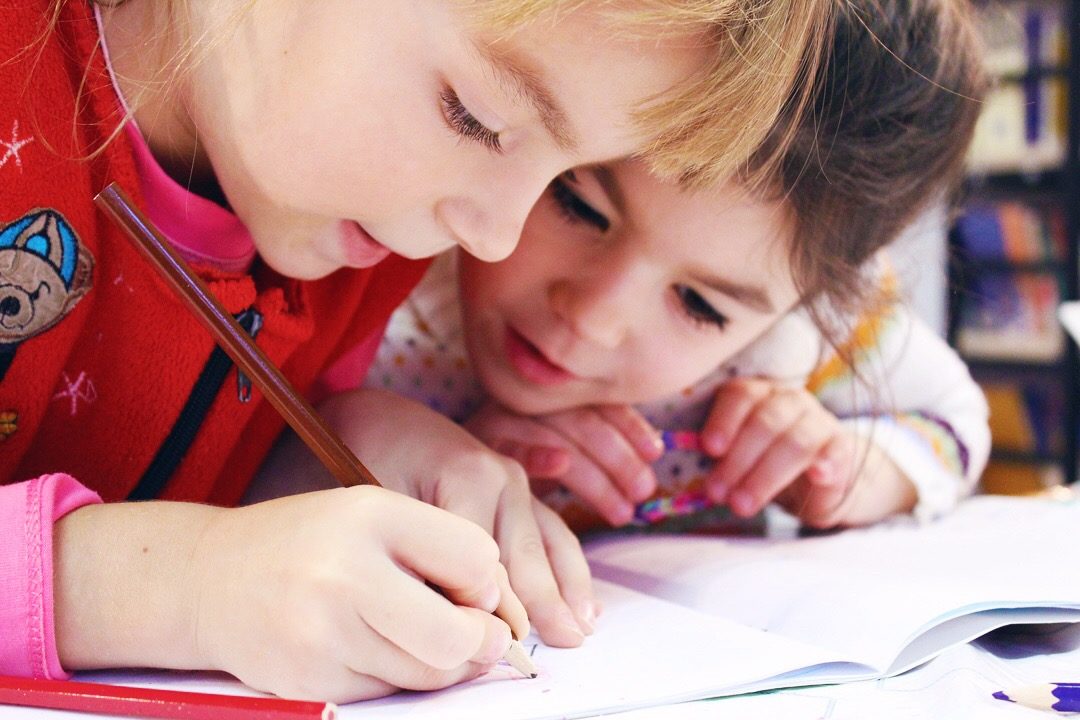If you’re on Facebook, you probably saw on your feed the clip from Michael Moore’s “Where to Invade Next” that talked about Finnish children who spend comparatively little time at school, don’t get homework and yet receive one of the best educations in the world.
I’m all for it. What happens in Finland validates my own observations and belief. Observing how my son and his little friends behave showed me that kids learn essential emotional, social and cognitive skills when they play, explore, experiment, invent, make and create art projects. Moreover, I don’t see why, as a parent or a society, we would need to push them away from enjoying their childhood.
This conclusion from the 2014 learning curve report produced by Pearson and The Economist summarizes my early childhood education philosophy:
In recent years it has become increasingly clear that basic reading, writing and arithmetic are not enough.
The importance of 21st century non-cognitive skills – broadly defined as abilities important for social interaction – is pronounced.
Geeks and STEM proponents probably answer coding when they read the first sentence. Although I agree about the need to learn coding and to develop their analytic and scientific mind, kids need to build other skills too.
What all kids need to succeed and be happy today and later in life is to learn how to observe and understand what’s they observed, how to collaborate. Young kids need to learn how to be emphatic, how to make friends, how to resolve conflicts, how to solve problems, how to find solutions with what’s at their disposal, how to ask questions, how to respectfully speak their mind, how to communicate their ideas, how to be helpful, how to make things, how to make things happen, how to persevere, how to innovate and how to make a difference in this world. It’s a tall order for a child.
The more I think about it, the more I think that Finland seems to understand young kids better than us. Bombarding the youngest school kids with homework and tests won’t make them more successful in life or improve how great they are at their job. Having develop the proper emotional, social and cognitive skills will. These skills are best taught from play and art.
I’ll leave you with this quote from Andreas Schleicher, OECD deputy director for education: “The world economy no longer pays for what people know but for what they can do with what they know.”
Photo credits: Pixabay

